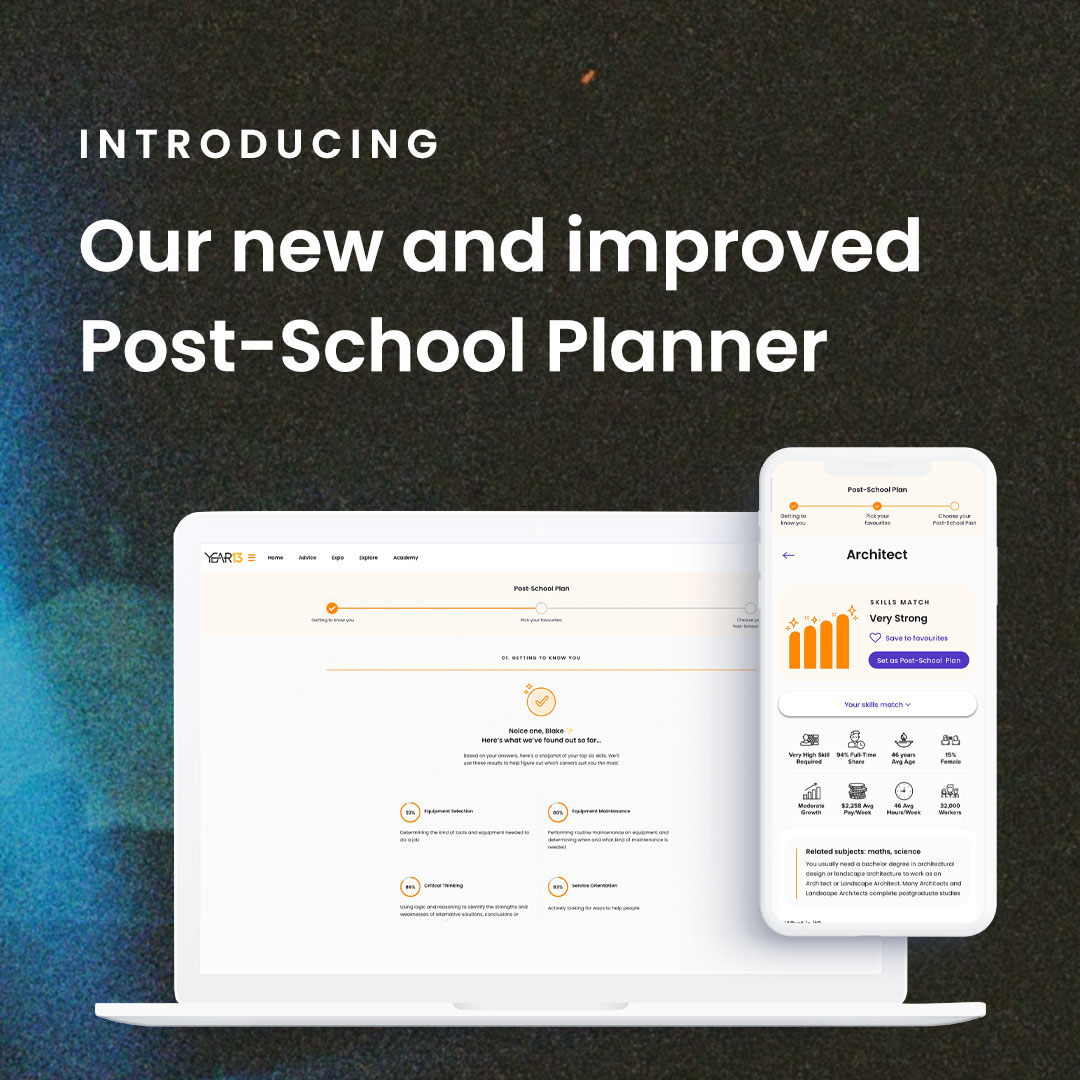Do you remember how boring school could be sometimes?
You’d be slumped on your desk staring at the clock as the seconds trudged by. None of the words on the whiteboard made any sense. All you wanted to do was get the hell out of there.
But what about those unmissable classes where the teacher was able to unjumble and decipher those hieroglyphics on the board. In their class you could see clearly. What you were learning made sense. It had purpose. You were focussed.
You weren’t just learning for learning’s sake. You weren’t just memorising information to regurgitate in an exam room and forget about a week later never to be used again. They made sure you were learning with an eye to the bigger picture.
Those teachers let you know how that driest of dry things – the syllabus – could actually apply to the world outside the classroom. Suddenly, vague concepts turned into things that were actually exciting. Maths equations turned into music and scientific formulas became solutions for global issues.

An 18-year-old from the ACT told us what impact this sort of teaching had on him.
“The best thing my high school did was consistently get real life applications to the concepts we were learning in class, whether sociology or psychology,” he said.
“It gave me extra knowledge and made me realise how cool the real world is. School allowed me to dream using the material I had been given through giving me problems to solve that fuelled my passions.”
Unfortunately, not all teachers do this.
Our Year13 YouthSense research has found on average young Australians say less than half (40%) of their high school teachers actually explain to them how they can use what they are learning in the classroom out in the real world. It means there are a lot of fractions being taught without a fraction of an idea of what they’re used for and a lot of words being written without any worldliness to them.
A 21-year-old from Victoria told us how this was the case at her school.
“Teachers taught throughout all my schooling years strictly to the syllabus, aiding our marks and our ATARs but never discussing life outside of high school, how to apply things to the real world and most of all helping us find out our passions through experimentation and exploration,” she said.

As we look at in our After The ATAR III report, these discussions are vital because they can capture the interests of students and turn them into something tangible. With purpose to their learning they can see some actual use for coming to school. They can see they are starting to lay the building blocks of their post-school plan.
We found that youth who are pursuing a passion report a higher average percentage of their teachers who have these discussions with them. This speaks to the influential role teachers can play in fostering passions.
A 19-year-old from Western Australia told us of his positive experience with this.
“Teachers always told us about how what we were learning could be applied in the real world, meaning that it was easier to translate an interest in a subject into an actual career plan,” he said.
“I think that if this was more common the trope of ‘everything we learn in school is useless’ would be less prevalent.”
A 15-year-old from Western Australia described what happens without this kind of direction.
“The lack of real-world applications in my learning means I am no longer as passionate about learning as I was when I entered,” she said.
“I think schools need to provide students with compulsory work experience and dynamic classroom opportunities. Get the kids to try arts and music, design, computing, and help them find their passions.”

The new Year13 Post-School Planner helps connect students to careers and post-school options built around their personality, skills, interests and passions to alleviate the stress and uncertainty of finishing high school. The free online post-school plans have been developed to help young people develop a pathway forward unique to them. Share it with any high school students you know to help get them started on their first steps into the real world.




